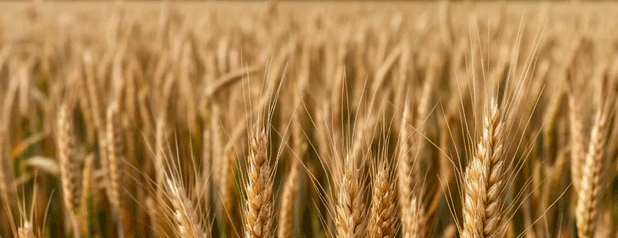In a milestone moment for global agriculture, Russia has taken the number one position worldwide in wheat exports, according to Andrey Razin, Deputy Minister of Agriculture of the Russian Federation. The announcement came during a roundtable at the Federation Council, where Razin highlighted that Russia also leads global exports of barley, sunflower oil, and frozen fish—in terms of value.
This achievement marks a major shift in the global agri-food trade landscape. Russia exported approximately 52.4 million tonnes of wheat in the 2023/24 season, according to SovEcon and confirmed by international trade monitors, outpacing traditional competitors like the European Union, Canada, and Australia.
For context:
- The European Union exported about 36 million tonnes of wheat in the same season.
- Australia reached around 27 million tonnes.
- Canada shipped approximately 24 million tonnes.
Russia’s success is underpinned by its vast arable land, investments in grain logistics (especially through the Black Sea ports), and strong wheat yields across regions like Krasnodar, Rostov, and Stavropol. Notably, Russian wheat is prized for its competitive pricing and stable quality, making it highly attractive to importers in the Middle East, Africa, and Asia.
In addition to grain exports, Russia continues to expand its sunflower oil industry, which has grown rapidly in the last decade. In 2023, Russia exported over 4.6 million tonnes of sunflower oil, reinforcing its leadership position in global vegetable oil markets.
The Russian government is now shifting its focus from merely ensuring domestic food self-sufficiency to actively shaping global food systems. As Razin explained, “Today we speak not only about feeding ourselves—that used to be the challenge—but about participating significantly in global food markets.”
This is supported by the revised Food Security Doctrine, which now includes a stronger emphasis on export capacity and international cooperation. With Russian agri-food products exported to over 160 countries, the impact of the country’s agro-industrial complex now extends far beyond its borders.
At the same time, challenges remain. Export duties, currency volatility, and trade logistics—especially amid geopolitical tensions—continue to influence the profitability and sustainability of this growth. However, the long-term trend is clear: Russia is consolidating its position as an agricultural superpower.
Russia’s emergence as the world’s top wheat exporter reflects both the strength of its agricultural sector and its growing influence on global food security. As its reach expands to more than 160 countries, Russian farmers and agri-engineers are no longer just feeding their own population—they are shaping international markets and contributing to the global stability of food supplies.
Error




